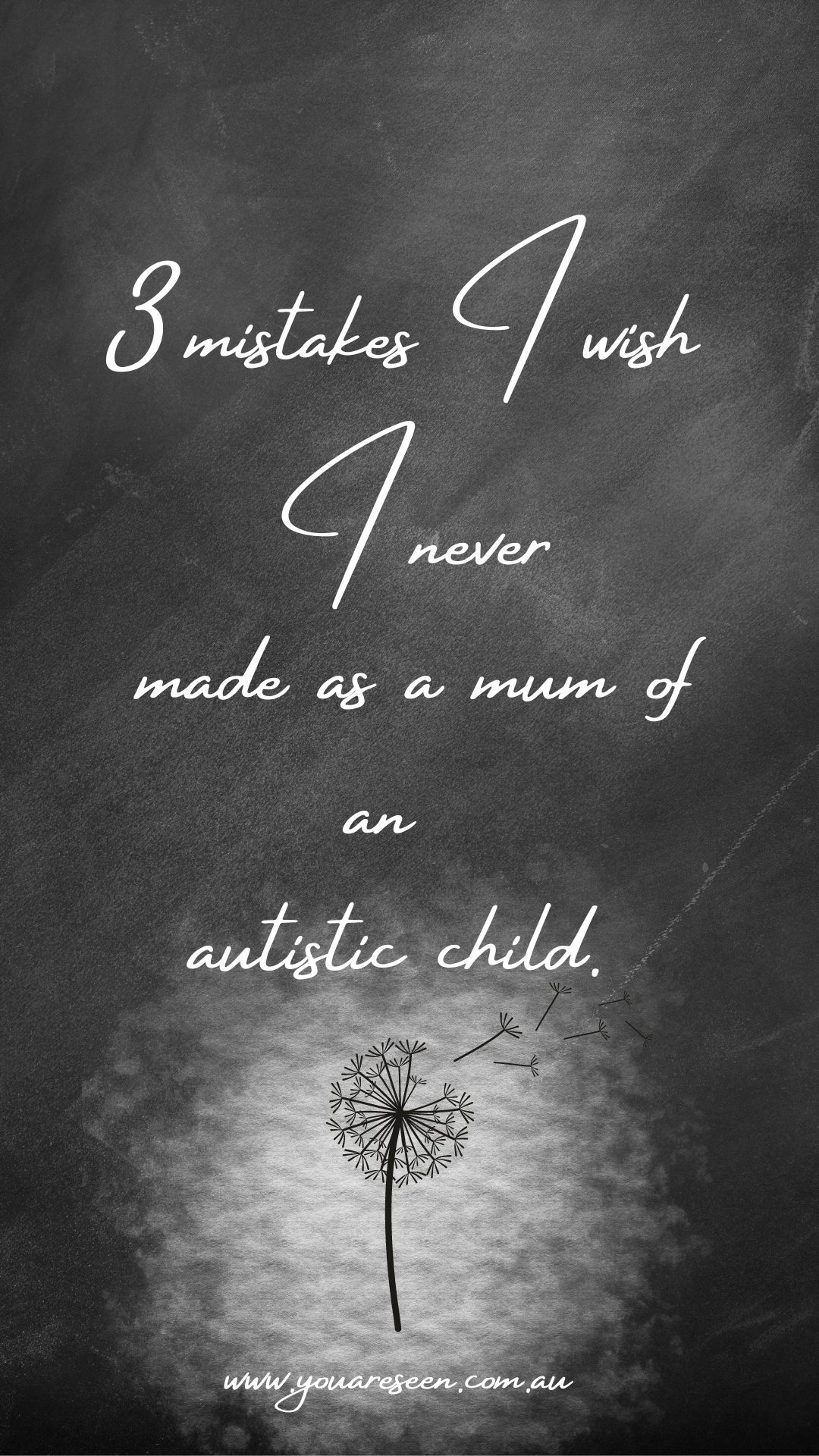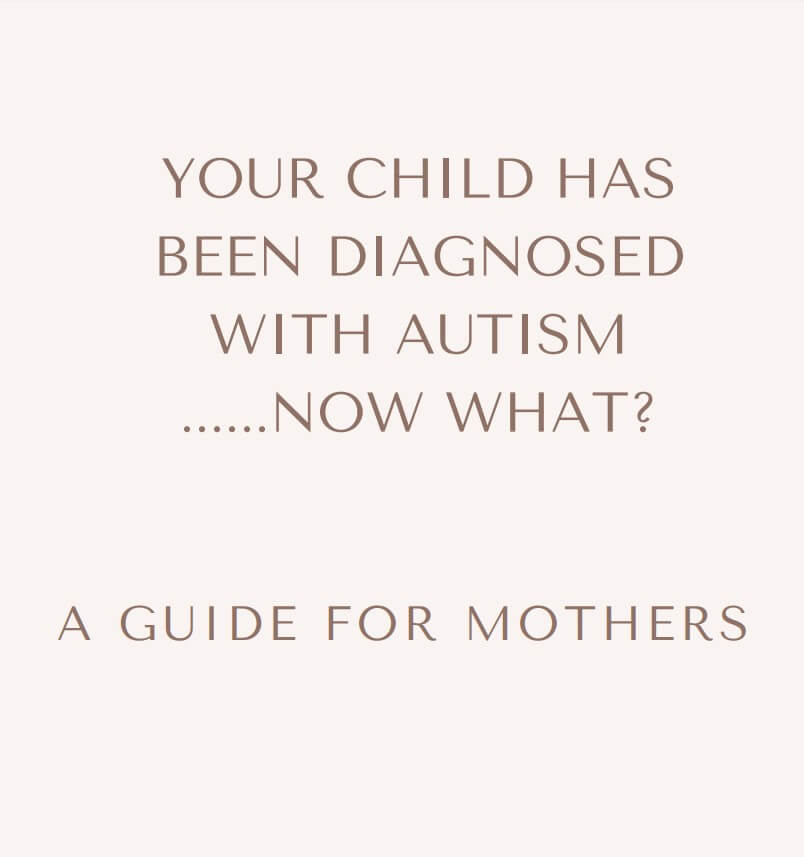
Executive Functioning Challenges – As a parent of an ASD child, how do your skills measure up?
A large portion of autistic children have executive functioning difficulties. Executive functioning? What does that even mean??? Executive functioning deals with skills such as planning, staying organized, sequencing information, and self-regulating emotions. These skills are vital for day-to-day living. Skills that we can help our kiddos with by incorporating aids such as visual schedules and time timers.
These aids assist our children in staying organised and planning what’s next. It also plays a vital role in self-regulation as our kids know what to expect next. They can clearly see what’s on for the day, what to expect and therefore they can manage their expectations accordingly.
As parents of special needs kids, we often talk about how we can improve the executive functioning of our children, however, I want to talk to you about something completely different today.
What about the executive functioning skills of the parent?
As mums of autistic children what are our executive functioning skills like? Good, bad or non-existent?
As a sleep deprived mum, planning and staying organised were super hard for me. I was completely dysregulated, I either didn’t have the time nor the mental bandwidth to be able to stay on top of what I needed to do that day let alone in the coming weeks or months.
Trying to schedule multiple allied health appointments was more than I could handle. Trying to figure out what my child would eat, how to get him changed without having world war 3 erupt and trying to get him in the car to kinder was sometimes more than I could handle.
So, I ask you – If you were sleep deprived, dysregulated and exhausted, how do you think your executive functioning skills would cope?
One major element that I consider when talking to my clients is their fight, flight or freeze response. A response that is so high they could be triggered at any given time. Explode at any given moment because they are so highly dysregulated.
We, as parents, give our children the tools and resources when they are dysregulated, what are we giving to ourselves? Some tips that have helped my clients is keeping a journal of the following questions:
1. Did I have uninterrupted sleep last night?
2. How many hours of sleep did I get?
3. Have I done any exercise today?
4. How much water have I consumed today?
5. What’s one thing that will bring me joy right now? Listen to music, listen to a podcast/audiobook, dance, eat a treat, call a friend.
Answering these questions on a daily basis, helps bring awareness to yourself, your partner and gives you a very clear outline of how you can manage your expectations.
Staying in the fight, flight or freeze mode long term can cause chronic stress and lead to a host of problems. Ultimately, after working with my clients I would expect them to dip in and out of fight, flight or freeze mode but not to live there.
I hope you found this helpful. If you have any questions, please send me a DM or email at natalie@youareseen.com.au
If you’ve got any questions, please send me a DM or email.
Book in a FREE 30 minute chat with me here.
Download my FREE guide – Your child has been diagnosed with autism……now what?
Join my facebook community to be with like minded mums going through the same journey as you.













